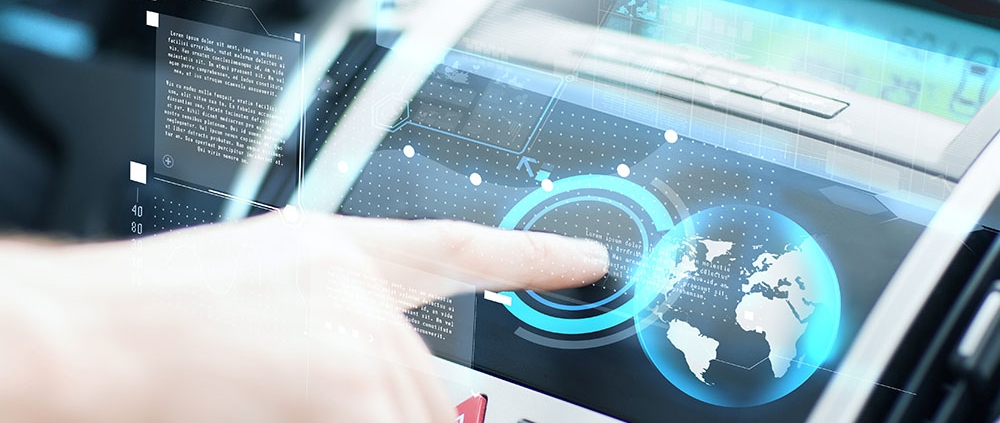The Future of Automotive Sensor Technology
Introduction
The automotive industry is undergoing a rapid transformation, and automotive sensors are at the forefront of this evolution. With the rise of electric vehicles (EVs), advanced driver-assistance systems (ADAS), and stringent emission regulations, the demand for innovative sensor technology has never been higher.
Current Trends in Automotive Sensors
Integration with ADAS: As vehicles become more autonomous, sensors like cameras, radar, and LiDAR play a crucial role in ensuring safety and functionality. These technologies work together to provide real-time data that enhances driving performance and safety.
Miniaturization and Efficiency: There is a growing trend towards smaller, more efficient sensors that can deliver high-performance results. This miniaturization allows for better integration into vehicles without compromising space or performance.
Smart Sensors and IoT: The Internet of Things (IoT) is revolutionizing the automotive sector. Smart sensors can communicate with each other and the cloud, enabling predictive maintenance and real-time monitoring of vehicle performance.
The Impact of Emission Regulations
Stricter emissions regulations worldwide have pushed manufacturers to develop more efficient sensors, such as Lambda and NOx sensors, which help optimize engine performance and reduce harmful emissions. These sensors are essential for meeting environmental standards and ensuring compliance.
Conclusion
As the automotive industry evolves, the importance of advanced sensor technology will only continue to grow. Staying informed about the latest trends and innovations will help manufacturers, consumers, and stakeholders navigate this rapidly changing landscape.


